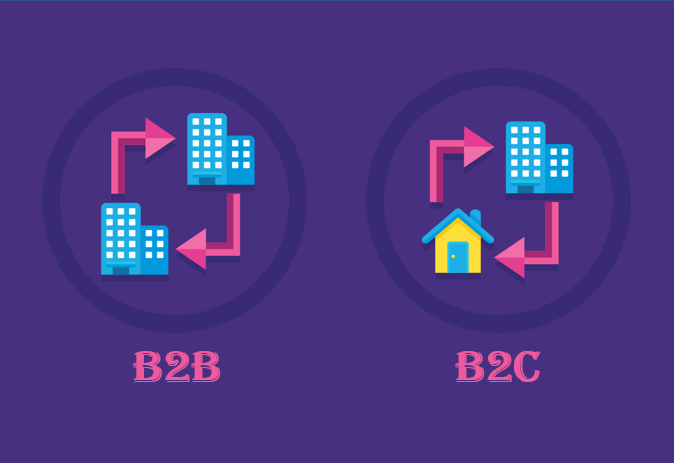Have you ever started sweating and felt your heart beat faster when confronted with an overwhelming event? Have you been worried about a future event or possible situation and imagined all the worst scenarios while those racing thoughts made you feel stressed for days? That is what anxiety feels like.
Your heart starts heating fast before any important presentation, exam, or event, or you even lie awake at night worrying about what could happen in a certain situation.
Anxiety is not great. Not only does it make you very stressed, but in worse cases, it may even prevent you from doing something or going somewhere due to the scenarios you make up in your head.
7 Proven Ways to Reduce Anxiety
Some people try to manage anxiety in their own way. They try to distract themselves with other activities or they start yoga or meditation. Others try CBD products like a full spectrum CBD tincture that may help relieve anxiety. If you want to cope with your own anxious moments, here are 7 proven ways to cope with anxiety that you should try out!
Get to Know Your Triggers
Some people’s anxiety is triggered by certain things, while others start feeling anxious randomly. Most people will have specific triggers, and if you can identify them, it will be easier to cope with your anxiety.
Sometimes, anxiety can be triggered by certain people, by money worries, by social situations, or other similar things. Other individuals have physiological triggers, like hunger or caffeine, or even reactions caused by medication.
When you don’t know what causes your anxiety, you can start writing down the things you are worrying about. This way, you may start to realize where your anxiety comes from and you will manage it way better.
Yuko Nippoda, who is a UK Council for Psychotherapy spokesperson and psychotherapist, suggests tossing the paper away after writing your worries on it. “After writing down your ‘worry list’, try scrunching up the paper and tossing it away,” she says. “This is a symbolic gesture that they do not have anything to do with the issues anymore and it can help them feel empowered.”
Get Better Sleep
Having a bad sleep routine can worsen your anxiety symptoms. According to a Journal of Sports Science and Medicine study from 2007, 30-hour sleep deprivation could boost one’s anxiety. Also, a Nature journal study from 2020 revealed that a great sleep with NREM periods could ease anxiety symptoms the next day.
Sadly, anxiety could make sleep worse as it may keep you awake. You can help improve things, though. For instance, you should not eat large meals before bed, nor use any screens an hour before going to bed. The environment should be a dark and calm one. Also, you should have high-quality bedding.
Have a Healthier Diet
Skipping meals or eating unhealthy food could also lead to anxiety. Our diet influences our feelings a lot, and for this reason, a healthier and more natural diet could improve one’s mental health.
A Nutrients journal study from 2019 proved that added sugars and saturated fats in a diet boost anxiety levels. Therefore, you should switch to a healthier diet rich in vitamin D, omega-3 fatty acids, and other nutrients for anxiety relief.
Try Relaxation Techniques
Deep breathing techniques are a great way to keep stress and anxiety under control. To perform these techniques, you should start taking 10 or 20 very slow and deep breaths when you feel anxious. Make sure to breathe in deeply, then hold the air for a few seconds, and then slowly let your breath out.
Other relaxation techniques you should consider involve meditation and mindfulness.
Start Exercising
Exercising doesn’t only make you look and feel better physically, but it can also make you improve your mental health. Although stress hormones may be produced when you are exercising, the body will adapt and you will start getting lower stress hormone levels. Exercising can improve sleep too, which then leads to better effects on your anxiety levels.
Reduce the Caffeine and Alcohol Intake
Whereas caffeine and alcohol are two life pleasures, they can make your anxiety worse. A JAMA Psychiatry journal study from 1992 showed that caffeine will increase blood pressure, sweating, and anxiety in people dealing with generalized anxiety disorder.
These substances are also addictive, so they can make things worse if you consume them in high amounts. You should switch to hot water and lemon or herbal tea in the mornings to prevent bad anxiety symptoms.
Use Some Aromatherapy
Believe it or not, but you can try aromatherapy in candle, incense, or oil form for anxiety relief. Scents like sandalwood, chamomile, and lavender are great for relaxation. Aromatherapy activates certain brain receptors that can help relieve anxiety.
Final Thoughts
Coping with your anxiety is possible if you follow the right treatment. Check these tips and see which one works for you. Give them a try and you should see an improvement in your anxiety levels.




